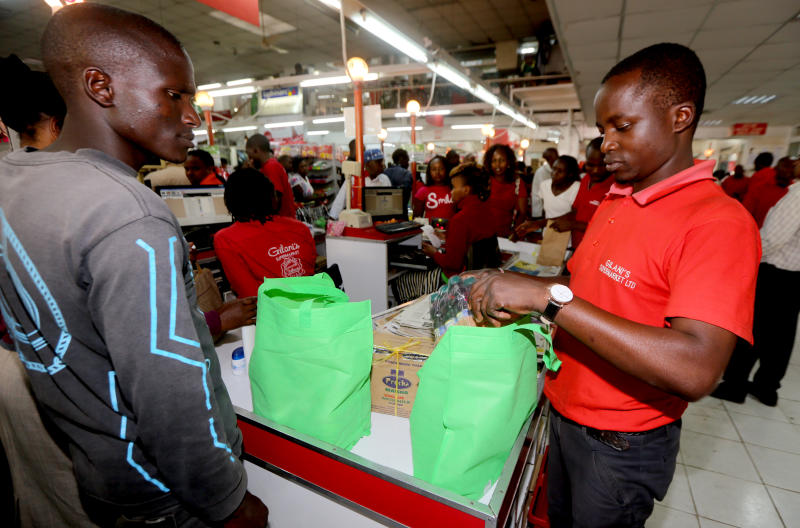×
The Standard e-Paper
Kenya’s Boldest Voice

At the counter of almost every supermarket, the cashier will ask you whether you are buying a carrier bag to add the cost to your shopping bill.
As the country marks one year since the ban on single use of plastic bags, shoppers have finally adjusted to life without plastics. Biodegradable bags, envelopes and cartons are now the norm.